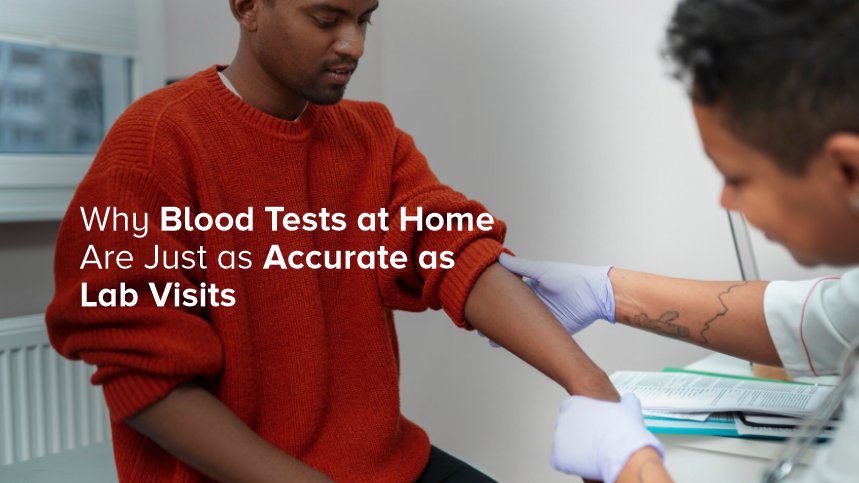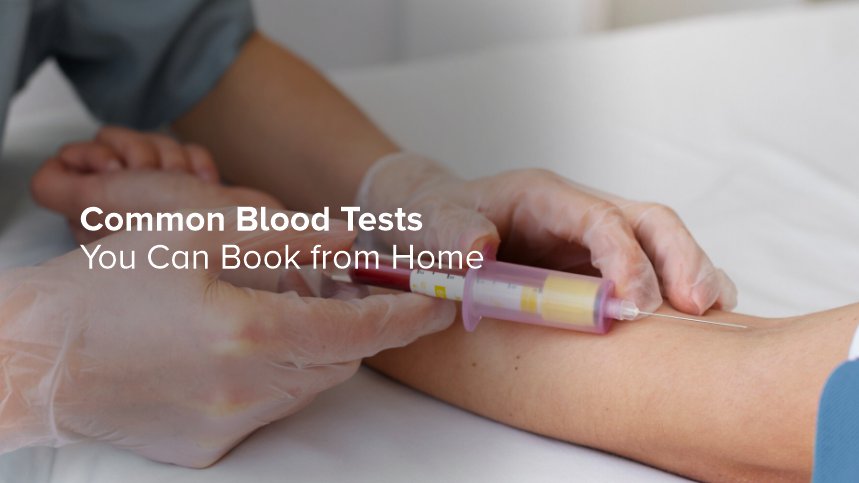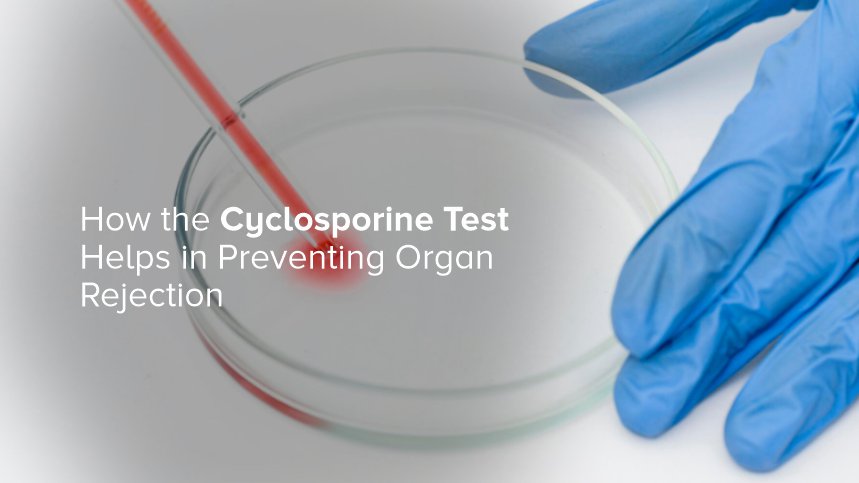


Condition
- Top tests
- Top tests
- Top tests
- Top tests
- Top tests
- Top tests
- Top tests
- Top tests
- Top tests
- Preventive Health Checkup
- Top tests
- Top tests
- Top tests
- Top tests
- Blood Banking & Transfusion
- Lifestyle Packages
- Blood Banking & Transfusion
- Blood Banking & Transfusion
- Top tests
- Top tests
- Lifestyle Packages
- Diabetes
- Blood Banking & Transfusion
- Blood Banking & Transfusion
- Blood Banking & Transfusion
- Blood Banking & Transfusion
- Blood Banking & Transfusion
- Others
- Others
- Others
- Others
- Blood Banking & Transfusion
- Blood Banking & Transfusion
- Blood Banking & Transfusion
- Blood Banking & Transfusion
- Vitamin Deficiency
- Vitamin Deficiency
- Vitamin Deficiency
- Vitamin Deficiency
- Vitamin Deficiency
- Blood Banking & Transfusion
- Blood Banking & Transfusion
- Blood Banking & Transfusion
- Blood Banking & Transfusion
- Diabetes
- Diabetes
- Heart Disease & Hypertension
- Preventive Health Checkup
- Diabetes
- Preventive Health Checkup
- Preventive Health Checkup
- Diabetes
- Diabetes
- Heart Disease & Hypertension
- Top tests
- Heart Disease & Hypertension
- Diabetes
- Top tests
- Diabetes
- Heart Disease & Hypertension
- Lifestyle Packages
- Heart Disease & Hypertension
- Lifestyle Packages
- Heart Disease & Hypertension
- Heart Disease & Hypertension
- Lifestyle Packages
- Preventive Health Checkup
- Preventive Health Checkup
- Top tests
- Preventive Health Checkup
- Heart Disease & Hypertension
- Heart Disease & Hypertension
- Heart Disease & Hypertension
- Top tests
- Top tests
- Lifestyle Packages
- Heart Disease & Hypertension
- Heart Disease & Hypertension
- Top tests
- Heart Disease & Hypertension
- Preventive Health Checkup
- Diabetes
- Lifestyle Packages
- Heart Disease & Hypertension
- Top tests
- Heart Disease & Hypertension
- Heart Disease & Hypertension
- Diabetes
- Lifestyle Packages
- Preventive Health Checkup
- Diabetes
- Top tests
- Diabetes
- Allergy
- Heart Disease & Hypertension
- Diabetes
- Heart Disease & Hypertension
- Diabetes
- Lifestyle Packages
- Lifestyle Packages
- Top tests
- Preventive Health Checkup
- Lifestyle Packages
- Preventive Health Checkup
- Preventive Health Checkup
- Diabetes
- Top tests
- Heart Disease & Hypertension
- Preventive Health Checkup
- Top tests
- Heart Disease & Hypertension
- Lifestyle Packages
- Lifestyle Packages
- Diabetes
- Preventive Health Checkup
- Top tests
- Diabetes
- Top tests
- Preventive Health Checkup
- Preventive Health Checkup
- Preventive Health Checkup
- Diabetes
- Lifestyle Packages
- Lifestyle Packages
- Heart Disease & Hypertension
- Lifestyle Packages
- Heart Disease & Hypertension
- Lifestyle Packages
- Preventive Health Checkup
- Preventive Health Checkup
- Preventive Health Checkup
- Lifestyle Packages
- Top tests
- Lifestyle Packages
- Top tests
- Lifestyle Packages
- Top tests
- Diabetes
- Diabetes
- Others
- Blood Disorders
- Top tests
- Others
- Others
- Others
- Fever
- Fever
- Blood Disorders
- Blood Disorders
- Preventive Health Checkup
- Preventive Health Checkup
- Profile
- Kidney Disease
- Kidney Disease
- Diabetes
- Diabetes
- Heart Disease & Hypertension
- Preventive Health Checkup
- Lifestyle Packages
- Thyroid Disorder
- Diabetes
- Diabetes
- Diabetes
- Diabetes
- Diabetes
- Diabetes
- Diabetes
- Top tests
- Allergy
- Top tests
- Top tests
- Top tests
- Top tests
- Diabetes
- Top tests
- Diabetes
- Top tests
- Top tests
- Top tests
- Liver Disease
- Diabetes
- Top tests
- Vitamin Deficiency
- Top tests
- Top tests
- Liver Disease
- Top tests
- Top tests
- Top tests
- Anemia
- Anemia
- Anemia
- Diabetes
- Diabetes
- Anemia
- Top tests
- Top tests
- Top tests
- Preventive Health Checkup
- Thyroid Disorder
- Heart Disease & Hypertension
- Top tests
- Preventive Health Checkup
- Diabetes
- Heart Disease & Hypertension
- Top tests
- Fever
- Allergy
- Liver Disease
- Lifestyle Packages
- Heart Disease & Hypertension
- Top tests
- Arthritis
- Top tests
- Top tests
- Heart Disease & Hypertension
- Kidney Disease
- Preventive Health Checkup
- Allergy
- Top tests
- Lifestyle Packages
- Top tests
- Kidney Disease
- Top tests
- Lifestyle Packages
- Top tests
- Preventive Health Checkup
- Preventive Health Checkup
- Top tests
- Top tests
- Vitamin Deficiency
- Allergy
- Diabetes
- Top tests
- Top tests
- Top tests
- Top tests
- Heart Disease & Hypertension
- Allergy
- Top tests
- Preventive Health Checkup
- Top tests
- Top tests
- Infertility
- Top tests
- Lifestyle Packages
- Allergy
- Diabetes
- Heart Disease & Hypertension
- Lifestyle Packages
- Preventive Health Checkup
- Preventive Health Checkup
- Top tests
- Preventive Health Checkup
- Top tests
- Diabetes
- Top tests
- Infertility
- Top tests
- Thyroid Disorder
- Top tests
- Allergy
- Preventive Health Checkup
- Vitamin Deficiency
- Top tests
- Top tests
- Infertility
- Lifestyle Packages
- Diabetes
- Liver Disease
- Kidney Disease
- Vitamin Deficiency
- Top tests
- Heart Disease & Hypertension
- Heart Disease & Hypertension
- Top tests
- Heart Disease & Hypertension
- Heart Disease & Hypertension
- Heart Disease & Hypertension
- Infertility
- Heart Disease & Hypertension
- Vitamin Deficiency
- Vitamin Deficiency
- Arthritis
- Arthritis
- Top tests
- Top tests
- Lifestyle Packages
- Preventive Health Checkup
- Lifestyle Packages
- Preventive Health Checkup
- Vitamin Deficiency
- Top tests
- Lifestyle Packages
- Lifestyle Packages
- Preventive Health Checkup
- Top tests
- Preventive Health Checkup
- Top tests
- Heart Disease & Hypertension
- Infertility
- Top tests
- Top tests
- Preventive Health Checkup
- Lifestyle Packages
- Top tests
- PCOD
- Preventive Health Checkup
- Lifestyle Packages
- Preventive Health Checkup
- Top tests
- Fever
- PCOD
- Kidney Disease
- Top tests
- Top tests
- Preventive Health Checkup
- Preventive Health Checkup
- Liver Disease
- Thyroid Disorder
- Top tests
- Heart Disease & Hypertension
- PCOD
- Top tests
- Arthritis
- Preventive Health Checkup
- Kidney Disease
- Lifestyle Packages
- Top tests
- Allergy
- Top tests
- Top tests
- Diabetes
- Thyroid Disorder
- Preventive Health Checkup
- Top tests
- Lifestyle Packages
- Preventive Health Checkup
- Top tests
- Kidney Disease
- Liver Disease
- Infertility
- Top tests
- Anemia
- Top tests
- Top tests
- Top tests
- Preventive Health Checkup
- Bone Health
- Cancer
- Fatty Liver

Tests
Blood glucose monitoring plays a fundamental role in maintaining optimal health and detecting potential metabolic disorders. The glucose-random test represents one of the most accessible and immediate diagnostic tools available to healthcare professionals for assessing blood sugar levels. This comprehensive examination provides critical insights into your body's glucose metabolism without requiring specific preparation or fasting periods.
Understanding the glucose-random test empowers patients to take proactive steps toward better health management. Healthcare providers rely on this diagnostic tool to make informed decisions about treatment plans, medication adjustments, and lifestyle recommendations. The test's simplicity and effectiveness make it an invaluable component of routine healthcare assessments and emergency medical evaluations.
Understanding the Glucose-Random Test
The glucose-random test measures blood glucose levels at any time of day without regard to when you last ate. Unlike fasting glucose tests that require 8-12 hours without food, this diagnostic procedure provides immediate results regardless of meal timing. Healthcare professionals can perform this test during routine visits, emergency situations, or when immediate glucose assessment becomes necessary.
Blood glucose levels naturally fluctuate throughout the day based on food intake, physical activity, stress levels, and medication effects. The random glucose test captures these real-time glucose concentrations, offering valuable information about your body's current metabolic state. This immediate assessment proves particularly useful when patients present with symptoms suggesting glucose imbalances.
Laboratory technicians typically collect blood samples through venipuncture or finger-stick methods. Venipuncture involves drawing blood from a vein in your arm, while finger-stick testing uses a small lancet to obtain a drop of blood from your fingertip. Both methods provide accurate results, though venipuncture samples generally undergo more comprehensive laboratory analysis.
Clinical Applications and Medical Indications
Healthcare providers recommend glucose-random tests for various medical situations and patient presentations. Emergency departments frequently utilize this test when patients arrive with altered mental status, unexplained fatigue, or symptoms suggesting diabetic complications. The immediate results help medical teams make rapid treatment decisions and stabilize patient conditions.
Routine health screenings often include random glucose testing as part of comprehensive metabolic panels. These screenings help identify early signs of diabetes, prediabetes, or other glucose metabolism disorders before symptoms become apparent. Early detection enables timely intervention and prevents serious complications associated with uncontrolled blood sugar levels.
Patients with existing diabetes benefit from regular random glucose monitoring to assess treatment effectiveness and medication adherence. Healthcare providers use these results to adjust insulin doses, modify oral medications, or recommend lifestyle changes. The test also helps identify patterns in glucose control and highlights periods when additional monitoring becomes necessary.
Normal Values and Result Interpretation
Random glucose test results require careful interpretation within the context of individual patient circumstances and clinical presentations. Normal random glucose levels typically range between 70-140 mg/dL (3.9-7.8 mmol/L) for healthy individuals. However, these values can vary slightly depending on laboratory standards and testing methodologies.
Results between 140-199 mg/dL (7.8-11.0 mmol/L) may indicate impaired glucose tolerance or prediabetes, particularly when confirmed through additional testing. These intermediate values warrant further evaluation through fasting glucose tests, oral glucose tolerance tests, or hemoglobin A1C measurements to establish definitive diagnoses.
Random glucose levels of 200 mg/dL (11.1 mmol/L) or higher suggest diabetes mellitus, especially when accompanied by classic symptoms such as excessive thirst, frequent urination, unexplained weight loss, or persistent fatigue. Healthcare providers typically confirm these findings through repeat testing or additional diagnostic procedures.
Advantages and Limitations
The glucose-random test offers several significant advantages that make it valuable in clinical practice. Its convenience eliminates the need for fasting preparation, allowing healthcare providers to assess glucose levels during any patient encounter. This flexibility proves particularly beneficial in emergency situations where immediate glucose assessment becomes critical for patient care.
Cost-effectiveness represents another major advantage of random glucose testing. The procedure requires minimal resources and can be performed using basic laboratory equipment or point-of-care devices. This accessibility makes glucose screening available in various healthcare settings, from primary care offices to remote clinics.
However, the glucose-random test also presents certain limitations that healthcare providers must acknowledge. Results can be influenced by recent food intake, making it challenging to distinguish between normal postprandial elevations and pathological glucose elevations. This variability may require additional testing for definitive diagnosis.
When Healthcare Providers Recommend This Test
Healthcare professionals recommend glucose-random testing in numerous clinical scenarios that require immediate glucose assessment. Patients presenting with symptoms suggestive of hyperglycemia, such as excessive thirst, frequent urination, blurred vision, or unexplained fatigue, typically undergo random glucose testing as part of their initial evaluation.
Emergency medical situations often necessitate rapid glucose assessment to rule out diabetic ketoacidosis, hyperosmolar hyperglycemic state, or severe hypoglycemia. These life-threatening conditions require immediate recognition and treatment, making random glucose testing an essential diagnostic tool in acute care settings.
Routine health maintenance visits may include random glucose testing as part of comprehensive health assessments. This screening approach helps identify individuals at risk for developing diabetes or those with undiagnosed glucose metabolism disorders.
Preparing for Your Glucose-Random Test
The glucose-random test requires minimal preparation, making it convenient for both patients and healthcare providers. Unlike fasting glucose tests, you can eat and drink normally before the procedure. However, informing your healthcare provider about recent meals, medications, or unusual circumstances can help with result interpretation.
Bring a complete list of current medications, including prescription drugs, over-the-counter supplements, and herbal remedies. Certain medications can affect glucose levels, and this information helps healthcare providers interpret results accurately.
Wear comfortable clothing with sleeves that can be easily rolled up for blood collection. Stay well-hydrated before the test, as adequate hydration makes blood collection easier and more comfortable.
Conclusion
The glucose-random test serves as a valuable diagnostic tool that provides immediate insights into your metabolic health. Understanding this test's applications, limitations, and interpretation empowers you to work effectively with healthcare providers in managing your health. Regular glucose monitoring, whether through random testing or other methods, plays a crucial role in preventing serious complications and maintaining optimal health outcomes.
Consult with qualified healthcare professionals at certified diagnostic centers to ensure accurate testing and reliable results. Proper interpretation of glucose-random test results requires medical expertise and consideration of individual patient factors. Take proactive steps toward better health by discussing glucose screening options with your healthcare provider and following recommended testing schedules based on your risk factors and health status.
WANT TO BOOK HEALTH CHECKUP ?
Categories
Top tests
100
Preventive Health Checkup
46
Blood Banking & Transfusion
16
Lifestyle Packages
35
Diabetes
40
Others
8
Vitamin Deficiency
12
Heart Disease & Hypertension
37
Allergy
9
Blood Disorders
3
Fever
4
Profile
1
Kidney Disease
8
Thyroid Disorder
5
Liver Disease
6
Anemia
5
Arthritis
4
Infertility
6
PCOD
3
Bone Health
1
Cancer
1
Fatty Liver
1
Recent Blogs
Why Blood Tests at Home Are Just as Accurate as Lab Visits
The healthcare landscape has transformed significantly with the introduction of at-home...
03-09-2025
Common Blood Tests You Can Book from Home
Monitoring your health has never been more accessible. With advances in diagnostic technology...
03-09-2025
How the Cyclosporine Test Helps in Preventing Organ Rejection
Organ transplant recipients face a delicate balancing act that continues long after their...
03-09-2025







